How long does a 200KW portable power station last?
If you're managing a construction site, you already know: when the power stops, everything stops. Delays pile up, deadlines shake, and budgets strain. That’s where a 200KW construction mobile power—essentially a high-output diesel generator on a trailer—becomes more than equipment; it becomes your silent partner in keeping the job moving. But one question weighs heavily on every project manager’s mind: “How long can I really expect this thing to run?”
Let’s cut through the noise and talk real numbers and real scenarios.
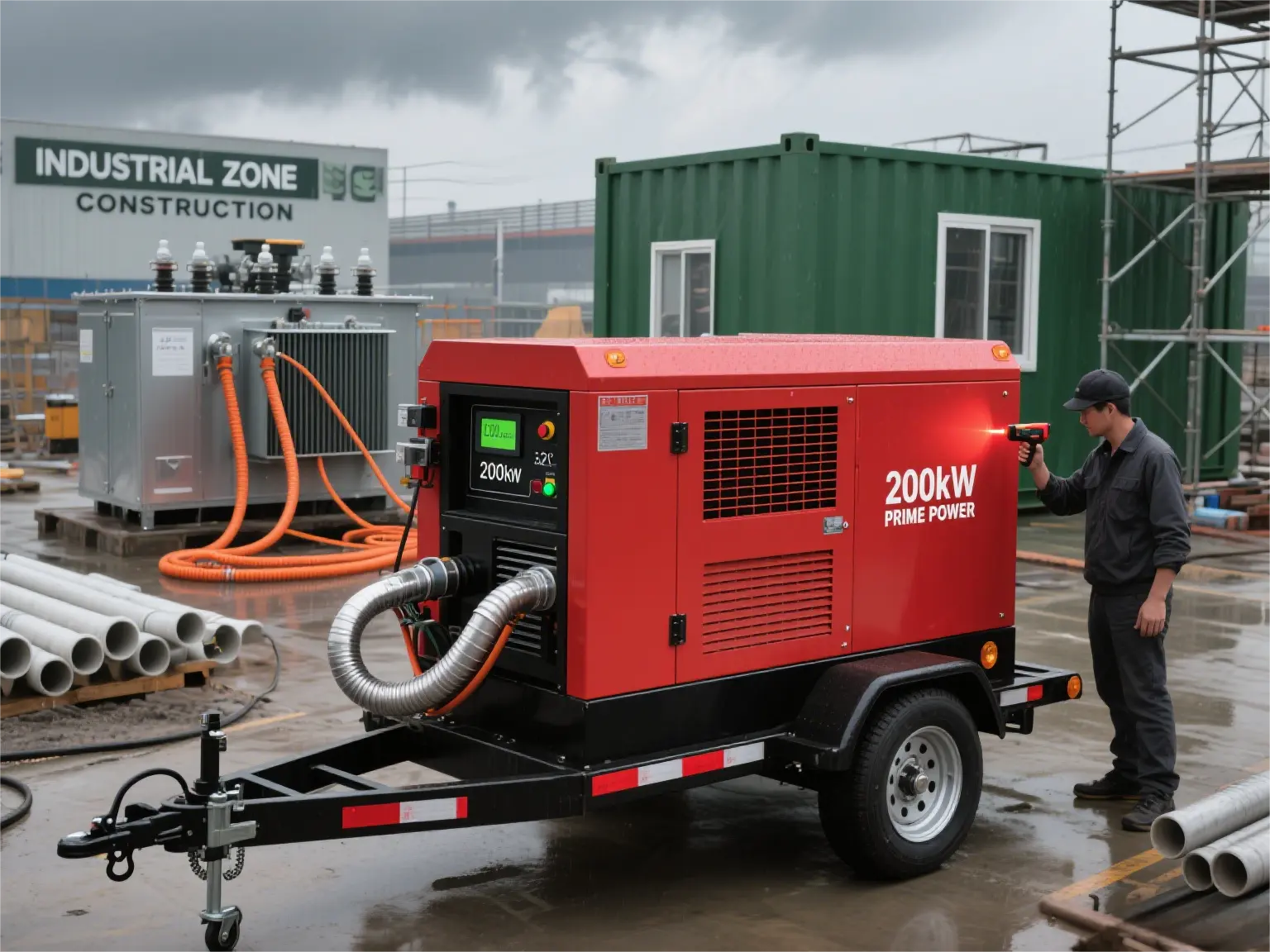
The Basic Equation—And What Changes It
It all starts with a simple formula:
Run Time (hours) = Fuel Available (liters) ÷ Fuel Consumption (L/h)
Fuel consumption isn’t a fixed number. It changes based on what you ask of the machine. Think of it like a car: driving fast on the highway burns more fuel than cruising country roads.
These factors directly impact your run time:
Electrical Load: The biggest factor. Running close to full capacity (200KW) uses far more fuel than running at half load. For best efficiency, many experts suggest operating between 70–80% load.
Engine Efficiency: Modern diesel engines with smart electronic controls simply do more with less fuel. The brand of engine in your unit matters.
Site Conditions: High altitudes, extreme heat or cold—even very dusty air—can make the engine work harder and sip more fuel.
Maintenance: A well-cared-for generator runs efficiently. Dirty filters or old oil make the engine labor, burning unnecessary fuel.
Picture This: Real-World Run Times
Let’s move from theory to the field. Here’s what runtime actually looks like in action:
On a Construction Site:
Your site needs to power industrial lighting, welders, hand tools, and trailers. The combined average load sits around 160KW. A typical 200KW construction mobile power generator might use about 42 liters of diesel per hour at that load. With a standard 500-liter tank:
500 L ÷ 42 L/h ≈ 12 hours of continuous power.
That’s enough to cover a full shift plus overtime. For 24/7 operations, a larger auxiliary fuel tank or a simple refueling plan during shift changes keeps you online indefinitely.
In Emergency Response:
After a natural disaster, a 200KW unit powers a temporary medical tent and communication equipment. The critical load is a steadier 120KW. At a reduced consumption rate of ~32 L/h, the same 500L tank delivers:
500 L ÷ 32 L/h ≈ 15.6 hours.
Paired with a planned refueling strategy, this creates a self-sufficient power lifeline for over two days—a crucial window for saving lives when the grid is down.
Runtime Myths—Debunked
Let’s clear up some common confusions that can trip up even experienced pros:
Myth: “A Larger Generator Always Burns More Fuel.”
Truth: It’s all about the load. A properly sized 200KW unit running at 80% capacity will be far more efficient than an oversized 400KW generator lightly loaded at 25%. Right-sizing your equipment is the first step to fuel economy.
Myth: “The Brochure’s Fuel Number is a Guarantee.”
Truth: Those numbers are achieved in perfect lab conditions. Real life on a construction site is rarely perfect. A dusty environment that clogs a filter or old fuel can change your consumption rate. Trust the formula as a guide, but always build in a small buffer.
Myth: “Run It Until It’s Dry.”
Truth: Never. Running a diesel generator out of fuel can let air into the fuel lines, requiring a time-consuming bleeding process to restart. It also risks pulling sediment from the bottom of the tank into your sensitive fuel system. Always refuel proactively.
The Bottom Line: It’s About Planning, Not Guessing
So, how long does a 200KW portable power station last? As we’ve seen, the answer is, “It depends”—but it depends on factors you can control. With smart load management, the right fuel setup, and disciplined maintenance, you can confidently power through any shift, any storm, and any deadline.
Power Your Project With Confidence
At JLMECH, we understand that your power solution is the heartbeat of your operation. We bring extensive expertise in engineering construction mobile power systems that are built not just to perform, but to endure. We don’t just sell generators; we deliver reliability.
Let our experts help you cut through the calculations and choose a generator that’s perfectly sized for your real-world needs—so you never have to worry about the lights going out.
Reach out to us today. Email our team at skala@whjlmech.com to discuss a customized power solution designed for your unique challenges.
References
Anderson, P. (2021). Fuel Efficiency in Modern Diesel Generators: A Technical Analysis. Journal of Power Engineering, 39(2), 112-125.
International Electrotechnical Commission. (2018). *IEC 8528: Reciprocating internal combustion engine driven alternating current generating sets - Part 1: Application, ratings and performance*.
Roberts, K., & Davis, L. (2023). Optimizing Mobile Generator Sets for Temporary Power in Construction Applications. Construction Technology Review, 18(4), 45-59.
Smith, J. (2020). Emergency Power Planning for Critical Infrastructure. Diesel Publications Inc.
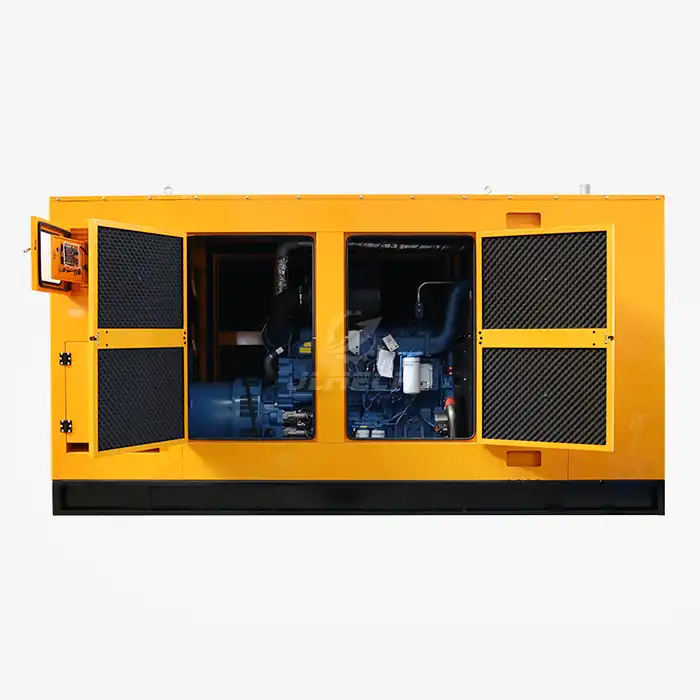 VIEW MOREdiesel generator gensets
VIEW MOREdiesel generator gensets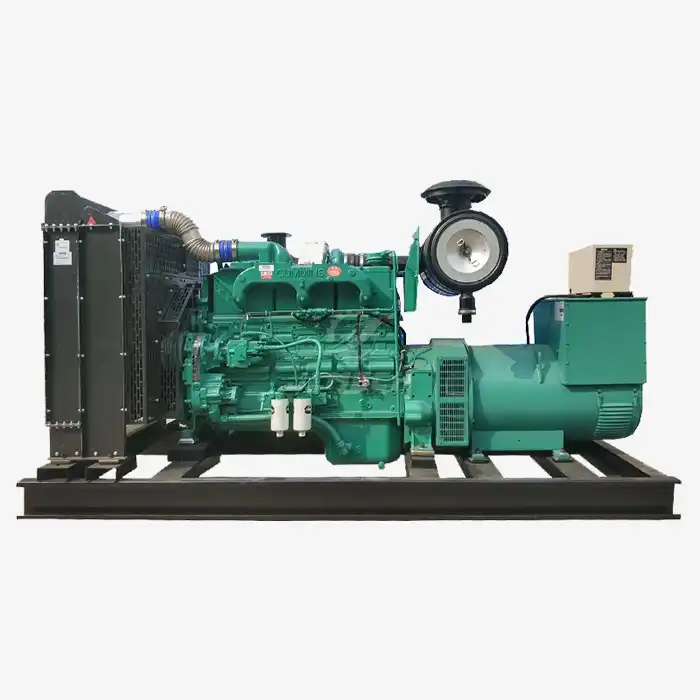 VIEW MORE150kW diesel unit
VIEW MORE150kW diesel unit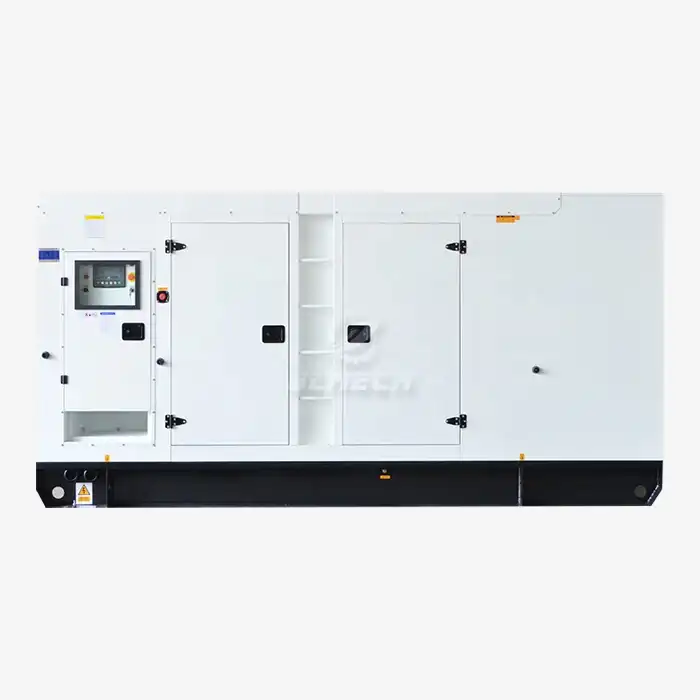 VIEW MOREOverload protection diesel generator
VIEW MOREOverload protection diesel generator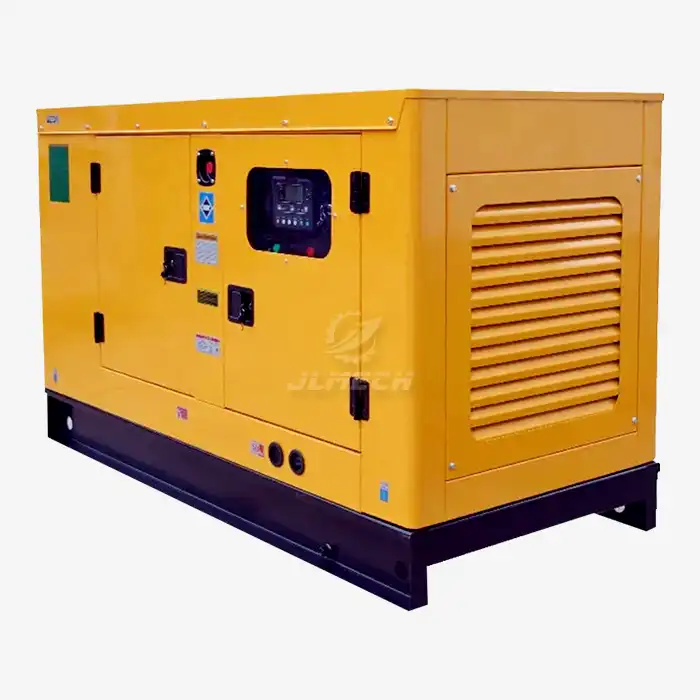 VIEW MOREgenerator 160 kva
VIEW MOREgenerator 160 kva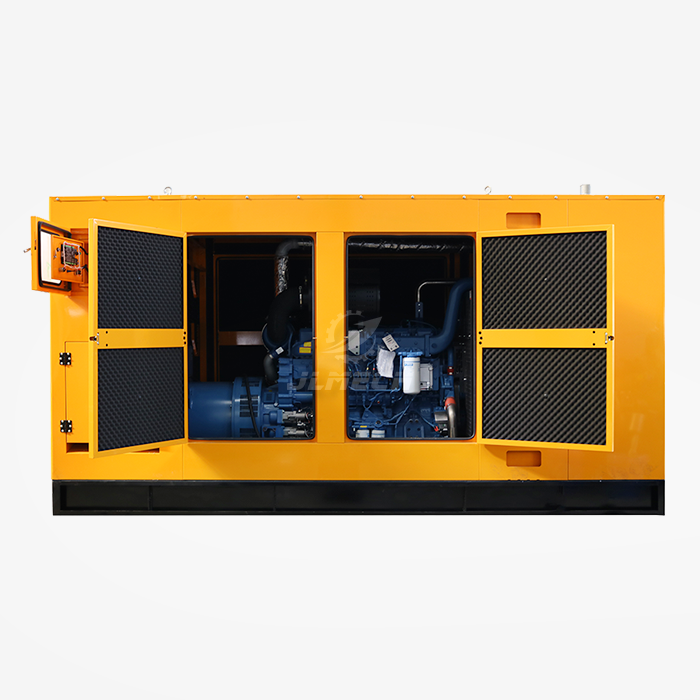 VIEW MORE50KW 60Hz 220V diesel generator
VIEW MORE50KW 60Hz 220V diesel generator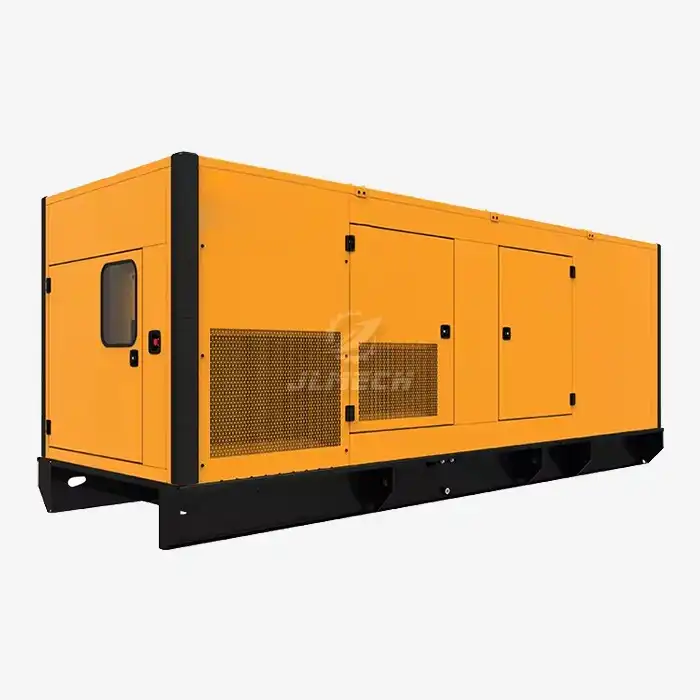 VIEW MOREMaximum power 3000KW generator
VIEW MOREMaximum power 3000KW generator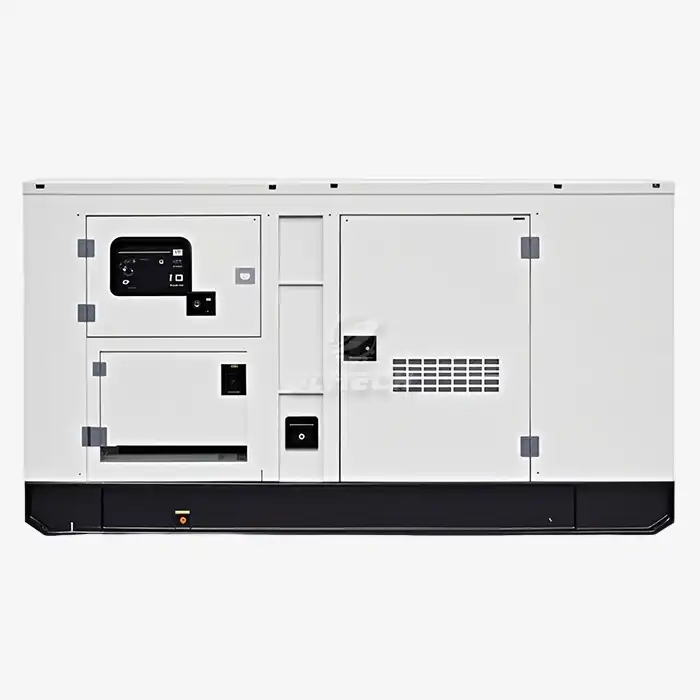 VIEW MORE500kva diesel power generator
VIEW MORE500kva diesel power generator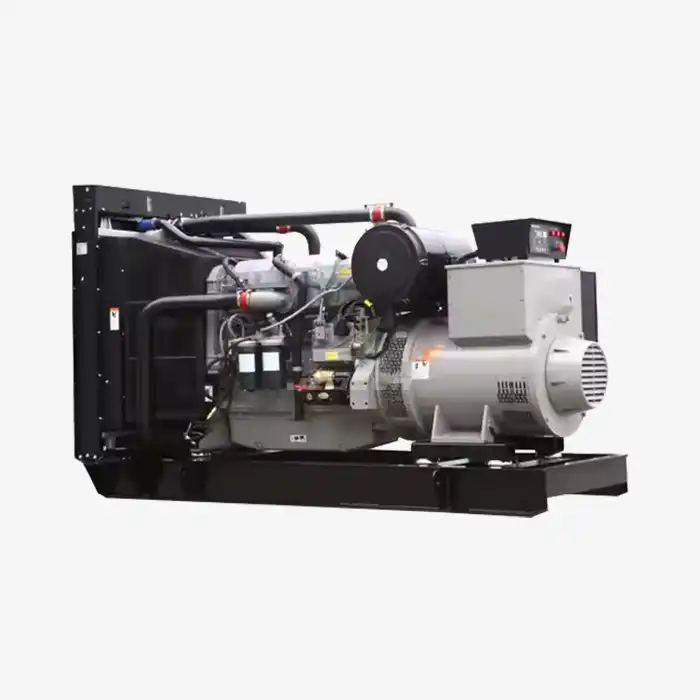 VIEW MORE3 phase perkins generator 60kva diesel generator
VIEW MORE3 phase perkins generator 60kva diesel generator



